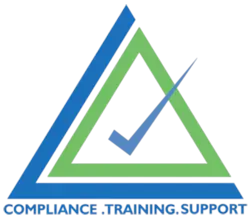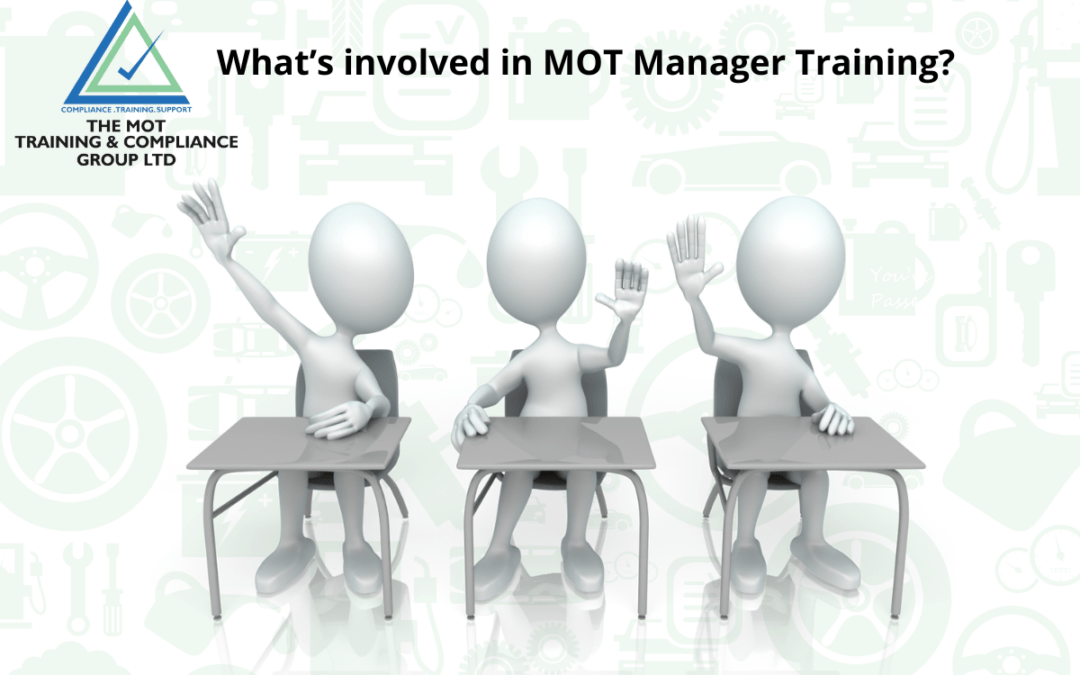What Topics Are Covered in the MOT Manager Course?
If you’re looking to take the next step in your career at an MOT testing station, becoming an MOT Manager might be the perfect move. But what exactly does the MOT Manager course cover, and how can it help you run a smooth, compliant, and efficient MOT testing centre?
Why Take the MOT Manager Course?
Managing an MOT Test Centre isn’t just about ticking boxes and keeping things moving. It’s about making sure every vehicle that leaves your garage is safe, compliant with UK regulations, and meets the high standards set by the DVSA (Driver and Vehicle Standards Agency). Whether you’re already involved in day-to-day operations or planning to step up, this course gives you the knowledge and skills you need to confidently manage an MOT station.
Here’s a breakdown of the key areas you’ll cover in the MOT Manager course:
- Understanding the Legal and Compliance Requirements
Let’s start with the basics—the law.
MOT Test Centres have to follow strict legal guidelines to stay compliant, and as a manager, you’ll be responsible for making sure everything is above board. The course covers the MOT Testing Guide and dives deep into the specific rules and regulations that apply to MOT test centres.
You’ll learn about:
- The MOT Testing Guide and its role in daily operations.
- Key legal responsibilities for MOT Managers and Testers.
- How to ensure compliance with DVSA regulations.
By the end of this section, you’ll know exactly how to keep your MOT station running legally and efficiently avoiding costly mistakes and potential penalties.
- Administrative Duties and Record-Keeping
Running an MOT test centre isn’t just about the practical work—there’s a fair bit of paperwork too! The course covers everything you need to know about managing the admin side of the business, from record-keeping to using the MOT Testing Service (MTS) system.
Topics include:
- Efficient record-keeping: What documents you need to keep and for how long.
- How to navigate the MOT Testing Service (MTS).
- Keeping digital and physical records compliant with DVSA standards.
With strong admin skills, you’ll be able to streamline operations and avoid the headache of missing paperwork when audits come around.
- Handling Disciplinary and Appeals Processes
Sometimes things don’t go as planned, and understanding the disciplinary procedures within the MOT scheme is key. The course gives you a thorough understanding of how to handle issues if they arise, whether it’s dealing with non-compliance from staff or navigating an appeal process.
You’ll learn about:
- Disciplinary procedures for MOT Testers and Managers.
- What to do if your MOT station faces a DVSA investigation.
- The correct process for appealing decisions.
By mastering this area, you’ll be prepared to protect your test centre’s reputation and handle issues calmly and professionally.
- Customer Service and Complaint Handling
Let’s be honest—no matter how good your service is, complaints will happen. The MOT Manager course teaches you how to handle customer complaints effectively, ensuring they leave your garage satisfied, even if things didn’t go perfectly.
Key topics include:
- How to deal with customer complaints professionally.
- Communication strategies to improve customer satisfaction.
- Resolving issues while maintaining compliance with MOT regulations.
Excellent customer service can set your MOT station apart from the competition, and this part of the course will give you the tools to build lasting relationships with your clients.
- Staff Development and Supervision
Your MOT testing centre is only as good as the team running it. As a manager, you’ll need to ensure your staff are properly trained, motivated, and compliant with the latest regulations.
This part of the course covers:
- How to train and develop your staff to meet MOT testing standards.
- Supervision techniques to ensure quality and consistency.
- Encouraging continuous professional development (CPD) for MOT Testers.
Investing in your team not only improves performance but also helps with staff retention, ensuring your MOT station operates smoothly.
- Quality Control and Auditing
Finally, maintaining high standards through quality control and regular audits is crucial. The course will teach you how to develop and implement quality assurance systems that ensure every test is carried out to the highest standard.
You’ll cover:
- Setting up quality control systems for your MOT centre.
- Conducting internal audits to catch issues before they become problems.
- Preparing for DVSA audits and maintaining compliance.
By the end of this section, you’ll have the skills to keep your MOT station running at peak performance, with systems in place to catch any issues early.
How long will it take and how is the Course Assessed?
The MOT Manager course requires a minimum of 16 hours guided learning, after which you’ll need to prove your knowledge through a test which consists of 35 questions that you’ll need to complete in 75 minutes. The test is done online but is set (and marked) externally.
Don’t worry, though—the course thoroughly prepares you for everything that’ll come up.
Once you pass, you’ll receive the nationally recognised qualification: IMI Level 3 Award in MOT Test Centre Management.
Ready to Take the Next Step in Your MOT Career?
Whether you’re looking to manage your own MOT test centre or step into a leadership role, the MOT Manager course is the perfect way to gain the skills and knowledge you need. From legal compliance to customer service and staff supervision, the course covers all the essential areas to help you succeed.
If you’re serious about advancing your career in the motor repair industry, take a look at our course dates for IMI Level 3 Award in MOT Test Centre Management and if you have any question, just drop us a message!

